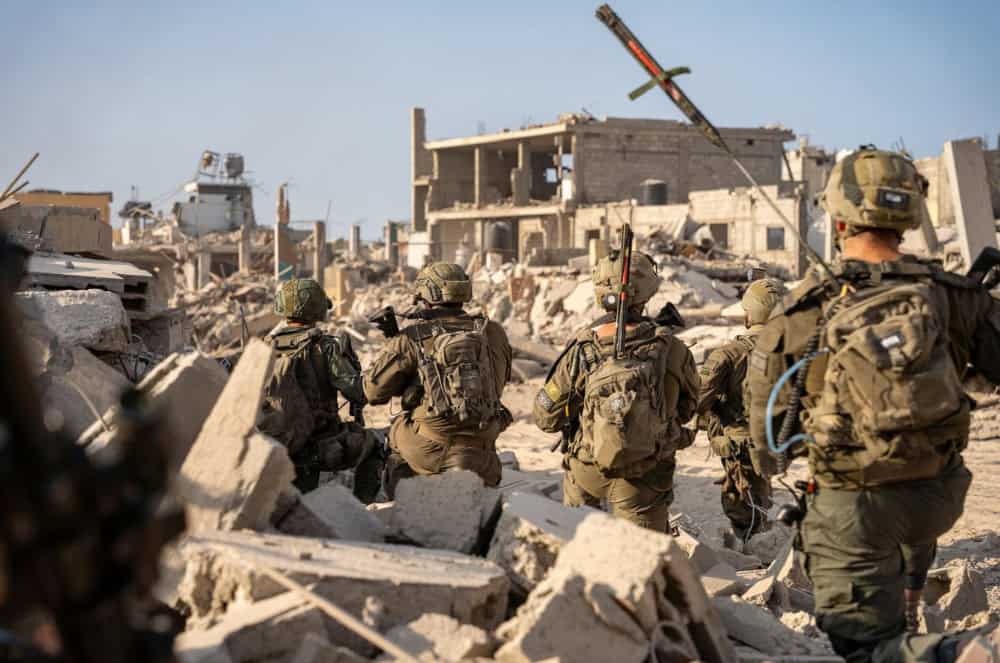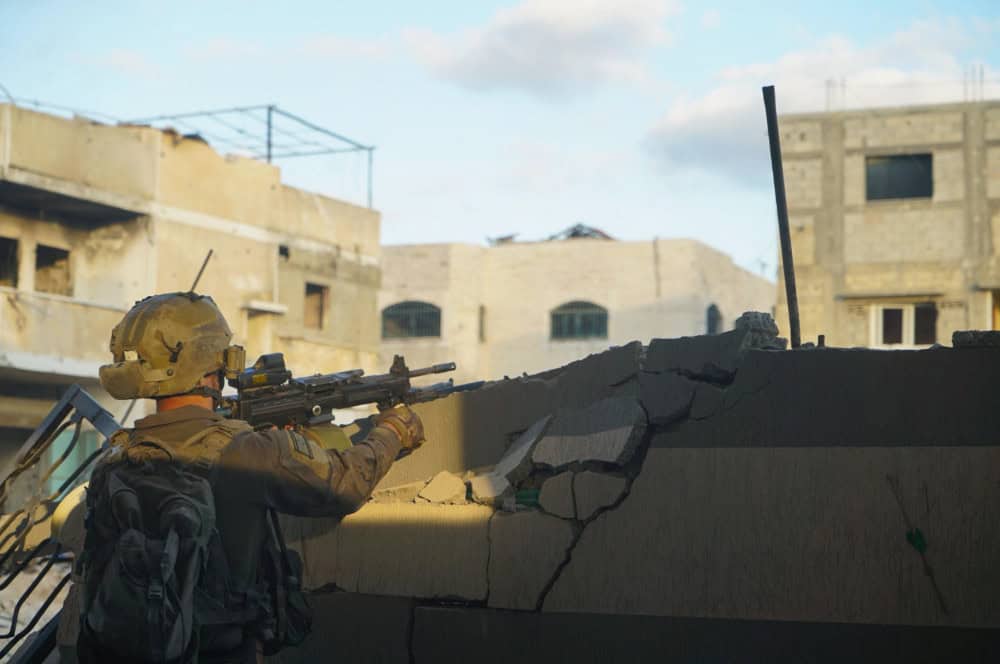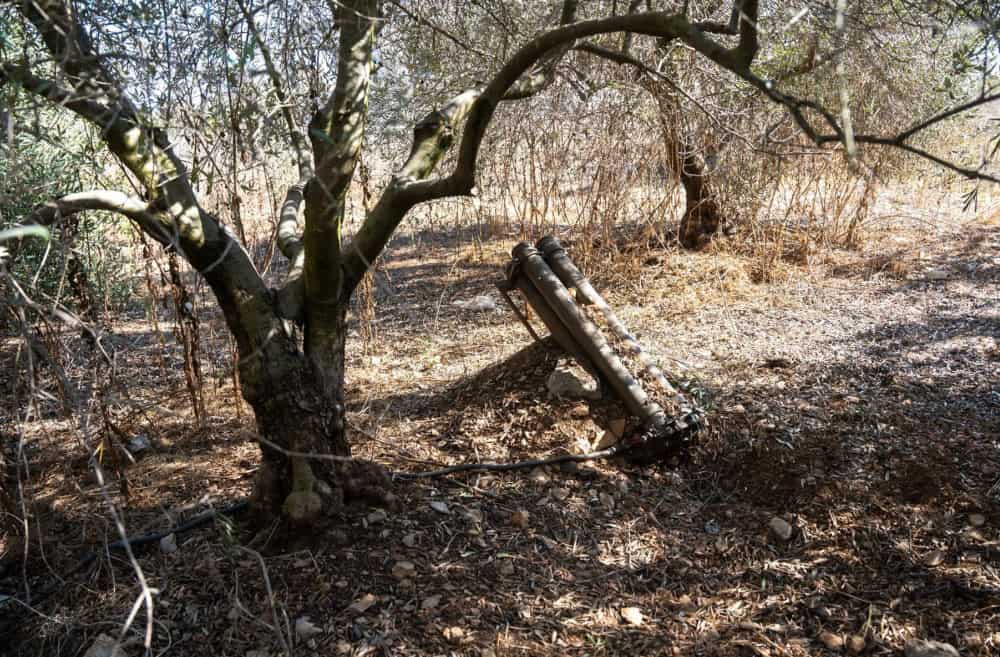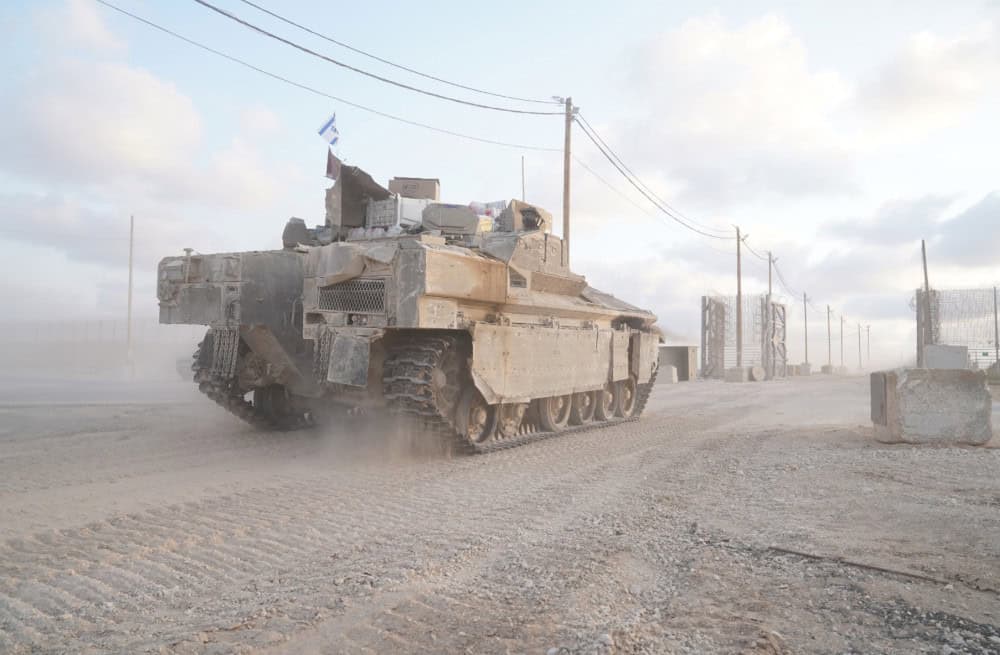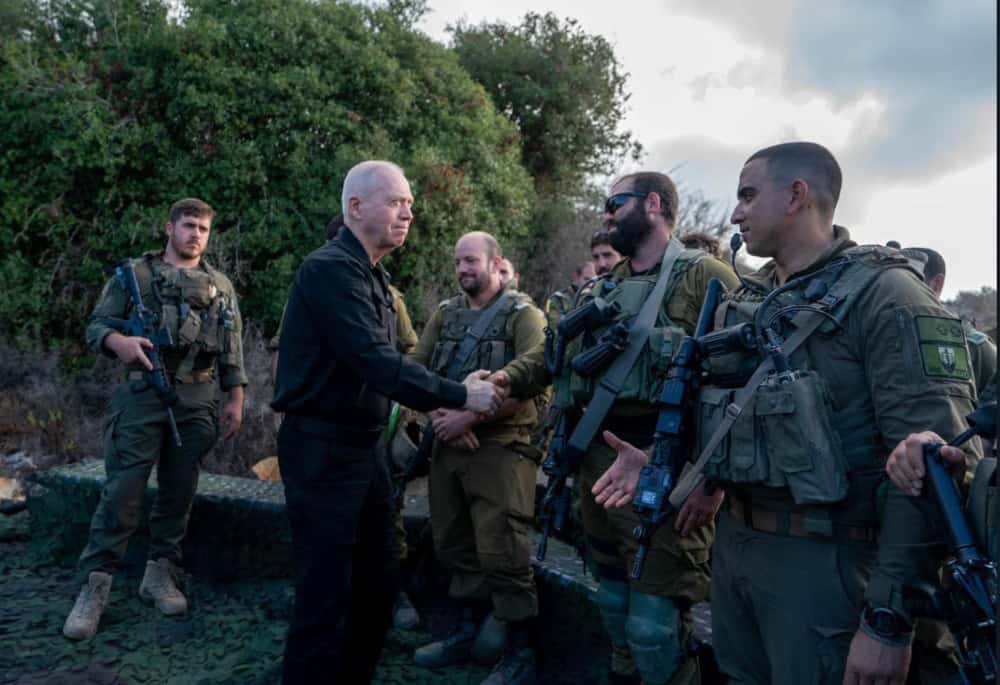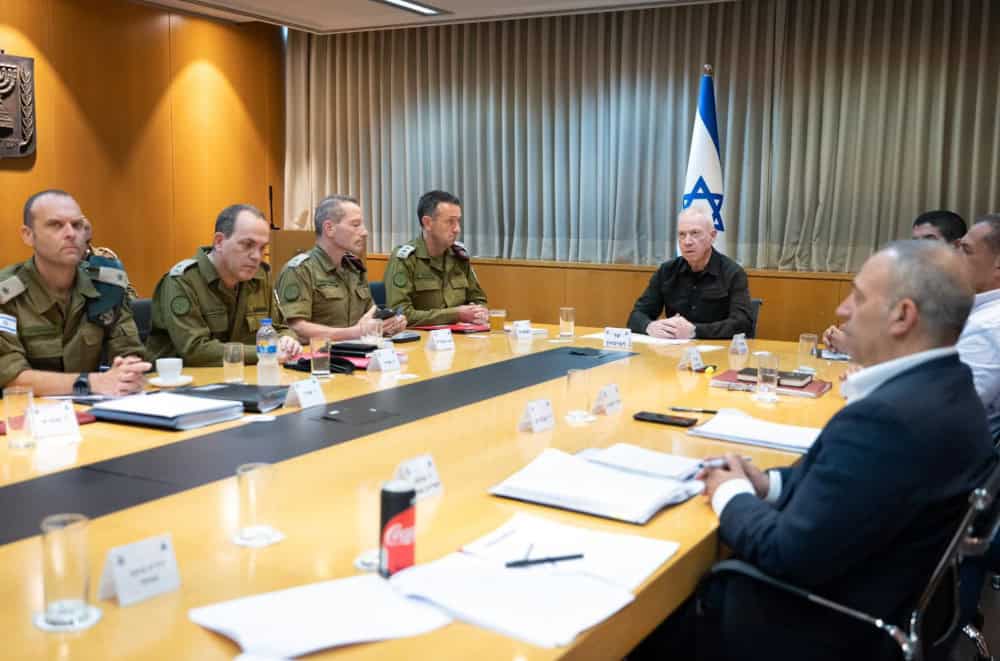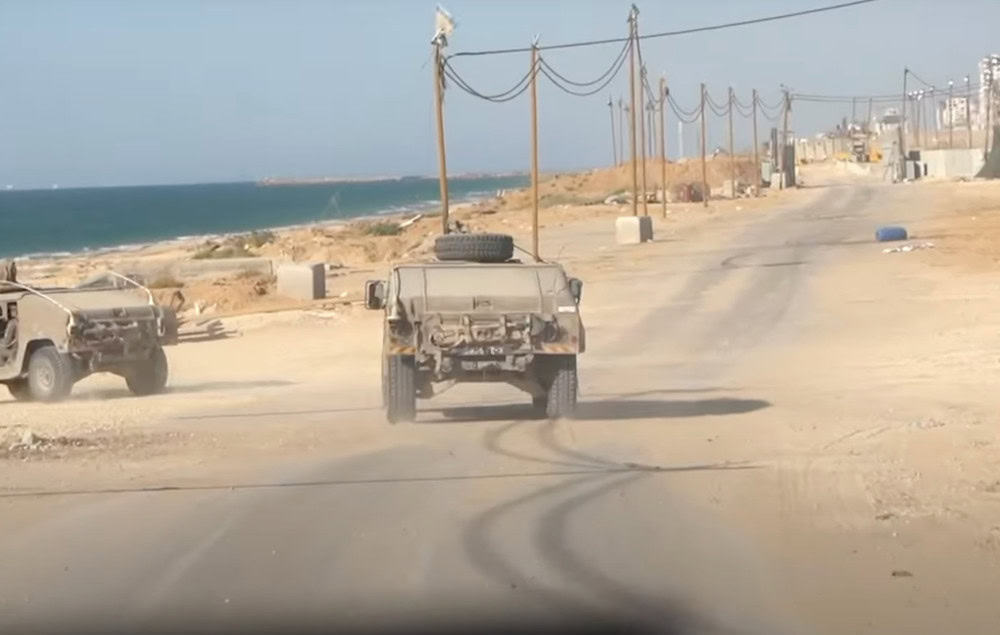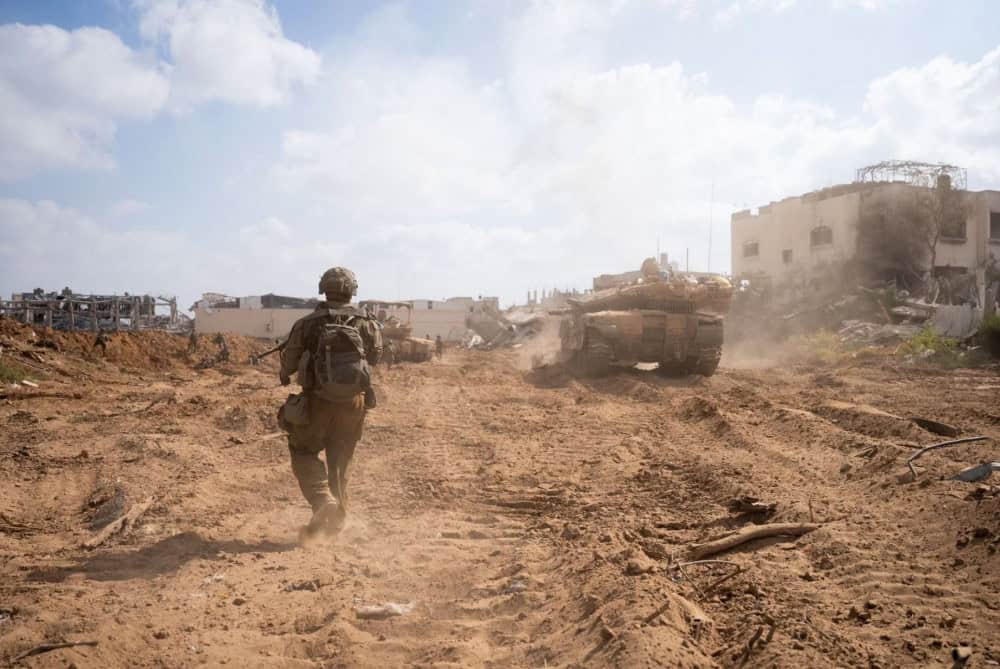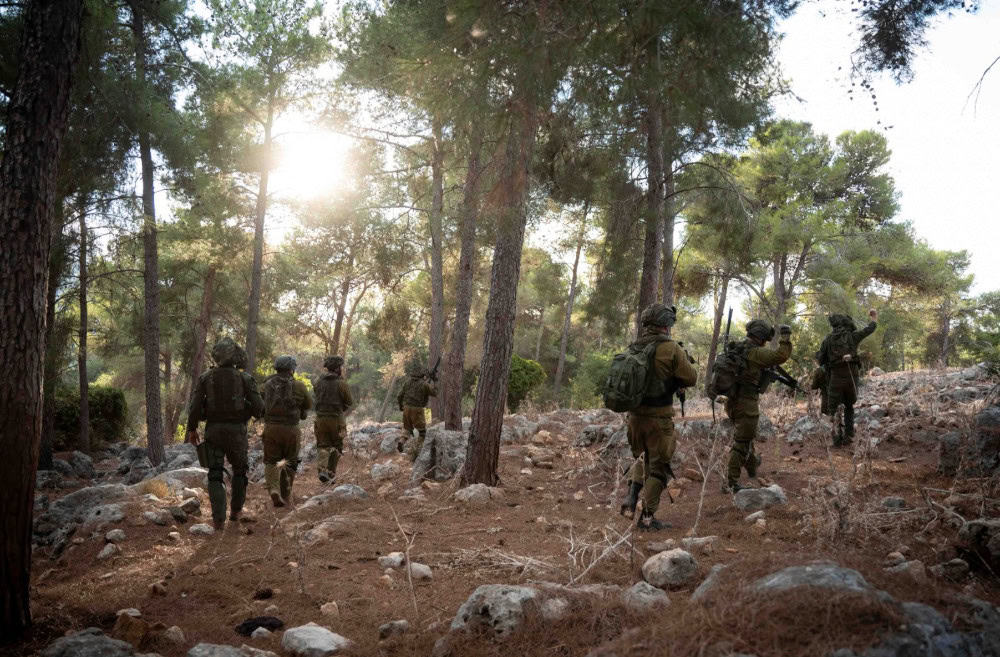
Hezbollah continues to fire large barrages of rockets at Israel
Hezbollah launched a barrage of 50 rockets at northern Israel on October 24, targeting Israeli communities during the Simchat Torah holiday, after launching an estimated 135 projectiles into Israel the day before. On October 22, a total of 140 projectiles were launched. Israelis were injured in rocket attacks on October 23 and October 24. The IDF carried out airstrikes in Tyre and Beirut, and Israeli troops in southern Lebanon uncovered large amounts of Hezbollah weapons, including rifles, RPGs, mortars, and anti-tank missiles.



